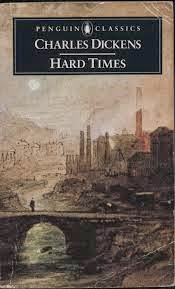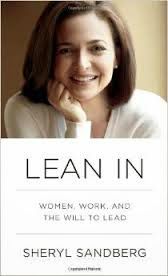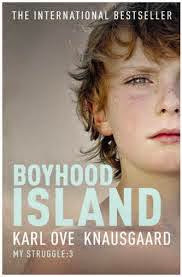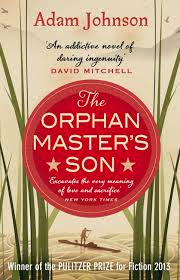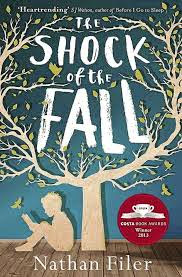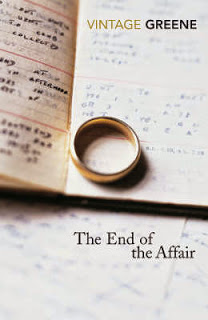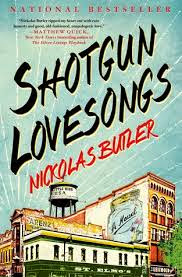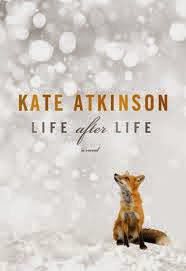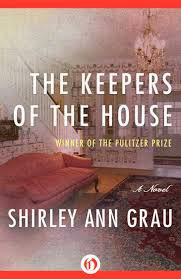
I dread finishing a book these days, because it will mean I need to find a new book. This is not easily done. I tried for a while reading past Booker winners, but this was not a success. The Booker appears to favour novelists who wish they were poets, and to disfavour those who have plots. I have therefore begun the Pulitzer back list, giving such recent titles as THE GOLDFINCH and THE ORPHAN MASTER’S SON. This title is the 1964 winner, and belongs to a genre charmingly known as Southern Gothic.
KEEPERS OF THE HOUSE covers some one hundred and fifty years of the Howland family, who own a large piece of land in the South. We cross about four generations, some of them a little half-heartedly. The primary story is about one Howland who falls in love with a black woman, and brings up his white grandchild with his mixed race children. The revelation of the existence of these mixed race children is deeply upsetting to the white community, and eventually forces the last Howland we meet to make a brave stand against them.
I found this novel somewhat hard to relate to; I think it is so deeply and genuinely Southern that I did not really understand what was going on. For example, when we find out that the white man secretly married the black woman, in order to legitimise the children, I was completely surprised that for the community this is a huge turning point that changes everything. The author seemed to take it for granted that I would understand the implications; I’m sort of glad that I’m apparently too innocent. So I didn’t particularly relate to the Southern, but then I did not relate to the Gothic either; there was lots of disconnected poetry, and mysterious dead-ends, such as one lengthy funeral for a character we’ve barely met.
So, now I need to find something else to read.

